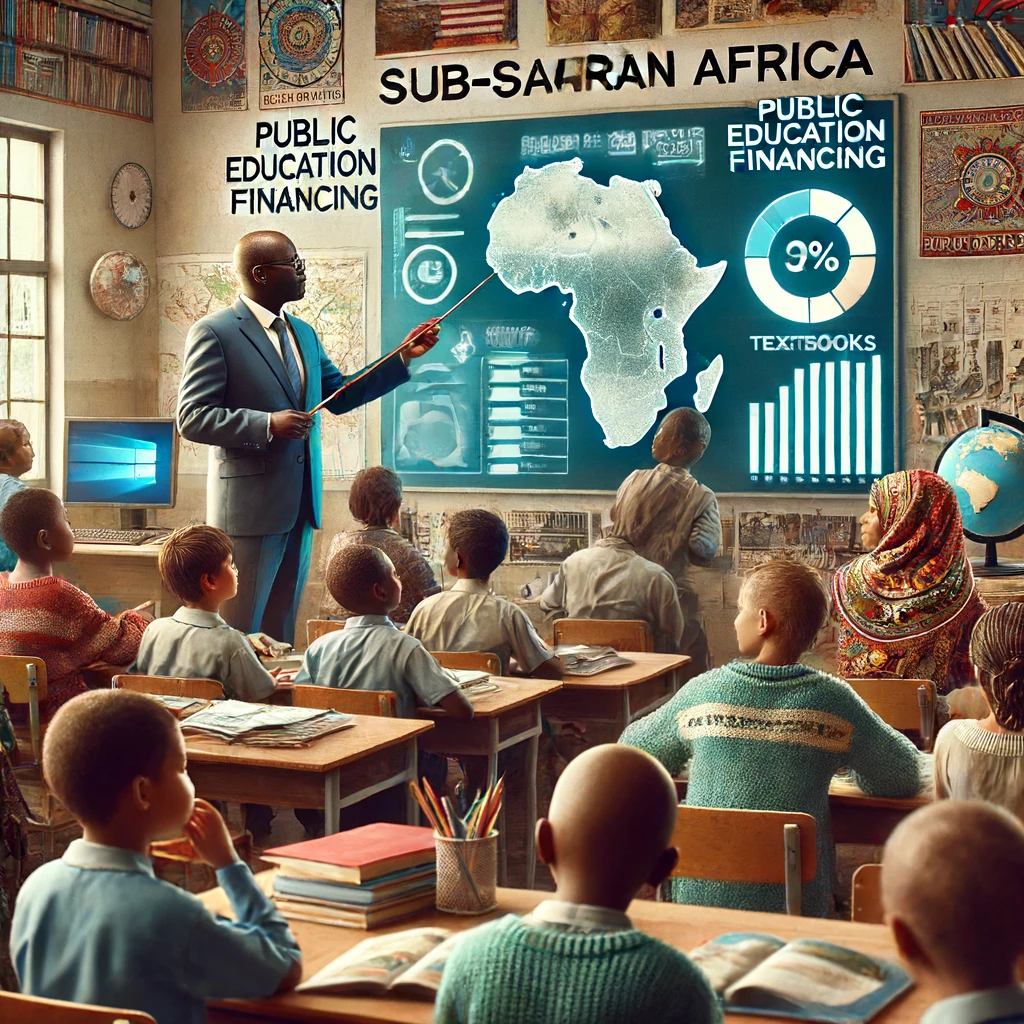AfDB and ICRC Sign MoU for Resilience and Humanitarian Impact in Africa
The ICRC delegation, led by Regional Director for Africa, Patrick Youssef, visited the Bank’s headquarters to discuss collaborative efforts.

Following the signing of a Memorandum of Understanding (MoU) between the African Development Bank (AfDB) and the International Committee of the Red Cross (ICRC) in December 2023, representatives from both institutions met in Abidjan on 21 May 2024 to review progress and strengthen their strategic partnership. The ICRC delegation, led by Regional Director for Africa, Patrick Youssef, visited the Bank’s headquarters to discuss collaborative efforts.
Marie-Laure Akin-Olugbade, AfDB Vice President for Regional Development, Integration and Business Delivery, emphasized the importance of this partnership. "Together, within the framework of the Bank’s new Ten-Year Strategy and through our MoU, we are committed to leveraging our collective strengths to expand impactful programs that foster resilience and make a tangible difference in the lives of the most vulnerable affected by fragility, food insecurity, and climate change in Africa," she stated.
Patrick Youssef underscored the urgency of the partnership in light of increasing conflicts and humanitarian needs across Africa. "In times of increasing conflicts, displacements, and humanitarian needs in several parts of the African continent, our partnership to find durable solutions in new and protracted crises becomes ever more pertinent," he said. Youssef also highlighted the criticality of International Humanitarian Law (IHL) and the ICRC's commitment to Sustainable Humanitarian Impact.
Yero Baldeh, Director of the Transition States Coordination Office at AfDB, expressed the shared urgency of advancing innovative and conflict-sensitive interventions. "It's a partnership that we value not only for the neutrality and capacities of ICRC but also for their presence, access, and essential protection of people and investments in active conflict situations," Baldeh noted.
Dr. Martha Phiri, Director of the Human Capital, Youth and Skills Development Department and Acting Director of the Gender, Women and Civil Society Department at AfDB, highlighted the importance of applying a gender lens across Bank operations. She emphasized that the Bank’s Gender Strategy ensures women are active players in building economic resilience. "The successful partnership between the bank and ICRC is evidenced through the economic empowerment of vulnerable women project in the Sahel region (Niger, Mali, and Chad) that enhanced the resilience of 11,000 people," Phiri said.
The discussions underscored the significance of strategic partnerships to reduce humanitarian funding gaps through a shared preventive and resilience-building approach. The use of advanced technologies, such as satellite imagery for remote appraisal, supervision, monitoring, and evaluation, was highlighted as a means to improve the efficiency and quality of the Bank’s programming.
Both organizations reiterated their commitment to expanding collaboration in knowledge, analytics, policy dialogues, capacity development, shared learning opportunities, and resource mobilization. They also explored concrete co-financing opportunities to support their joint initiatives.
Millicent Omukaga, representing the office of AfDB President Dr. Akinwumi A. Adesina, praised the ongoing collaboration. "The long-standing and instrumental partnership between the two organizations has evolved significantly over the past years and continues to expand," she said.
The ICRC delegation included Loukas Petridis, Head of the Regional Delegation in Abidjan, and Jean-Francois Yao, Principal Advisor for Institutional Partnerships at ICRC, with other staff joining online. From the AfDB, Frederik Teufel, Jerome Berndt, and Aissatou Dosso facilitated the exchanges, with participation from several other Bank staff members from various departments.
Key Points:
Strategic Partnership: Strengthened collaboration between AfDB and ICRC to foster resilience and address humanitarian needs.
Gender Inclusion: Emphasis on gender-sensitive interventions and economic empowerment of women.
Technological Advancements: Use of satellite imagery for improving program efficiency and quality.
Shared Goals: Focus on conflict-sensitive interventions, capacity development, and resource mobilization.
This meeting marks a significant step forward in the ongoing efforts of both institutions to address the complex challenges facing vulnerable populations in Africa, demonstrating a strong commitment to resilience and sustainable humanitarian impact.










